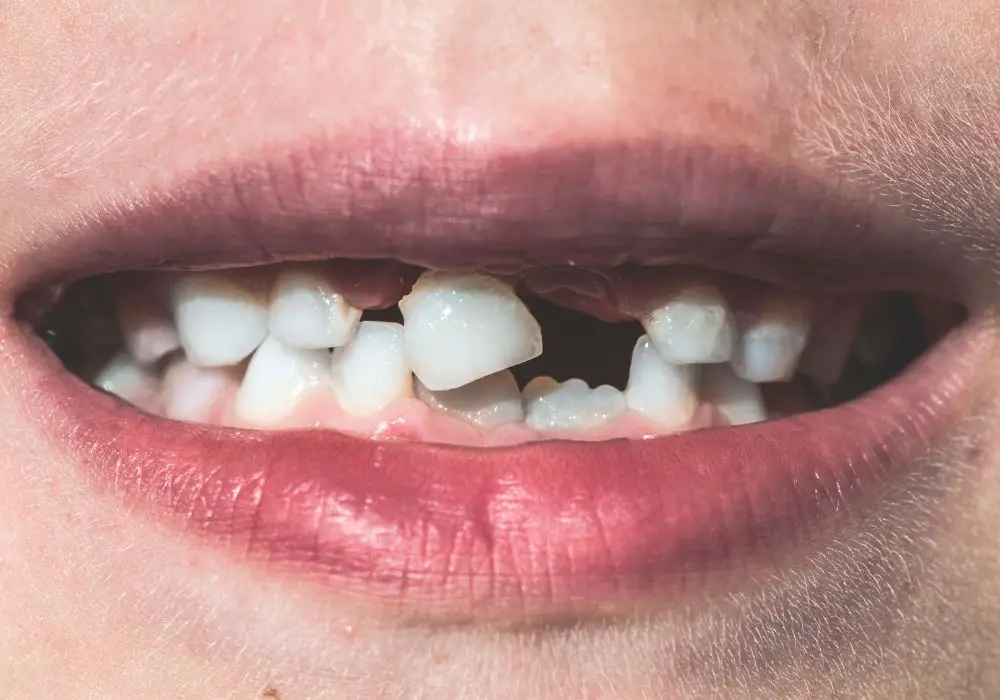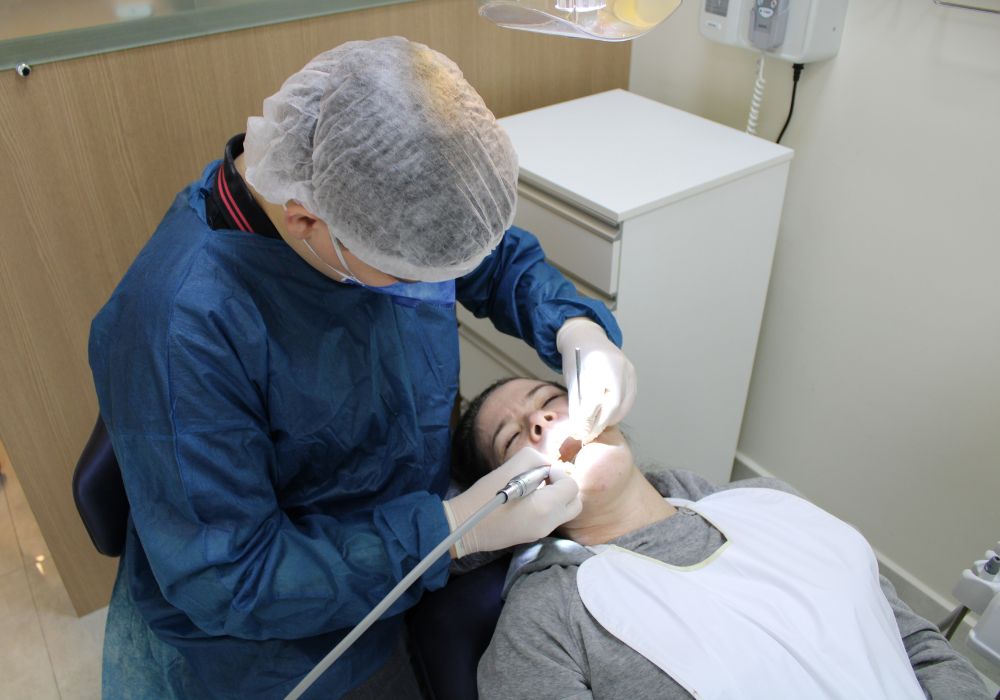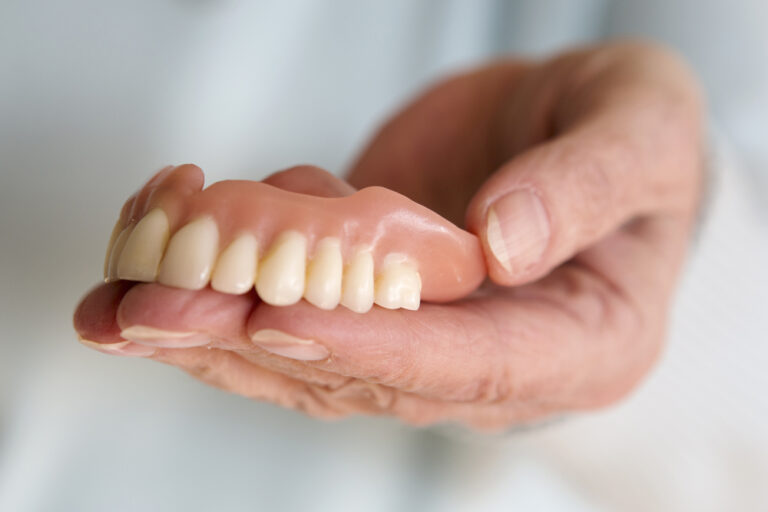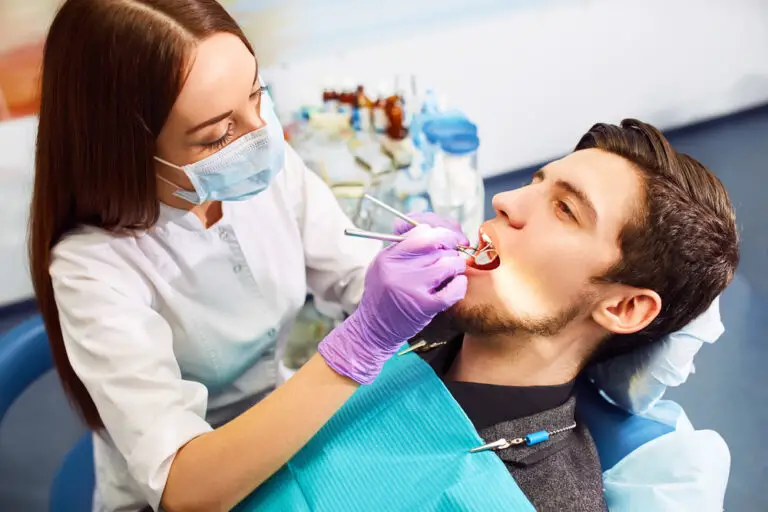Having missing teeth can significantly impact your speech clarity and articulation. When teeth are lost, it alters the structure and shape of the mouth, which makes it harder to pronounce certain sounds. Let’s examine in detail how missing teeth can impair various aspects of speech.
Ways teeth contribute to speech production

Teeth play an integral role in speech production and enunciation by:
- Providing rigid surfaces for the tongue, lips and cheeks to push against to make sounds
- Directing air flow and modulating release of air pressure for consonants
- Allowing consonant sounds like ‘s’ and ‘f’ to be elongated
- Aiding placement and shaping of the tongue to articulate vowel sounds
- Supporting the consistent rhythm of syllables within words through chewing motion
When teeth are missing, all of these important functions for speech creation are impaired.
Shaping consonant sounds
Teeth help form consonant sounds in the following ways:
- Sibilants – Sounds like ‘s’, ‘z’, ‘sh’, and ‘zh’ require teeth to direct air flow and noise generation. The ‘hissing’ quality of sibilants needs the surfaces of teeth. Missing anterior teeth can drastically affect these sounds.
- Interdentals – Sounds like ‘th’ use the tongue protruding between teeth. Without front teeth, interdentals become very hard to pronounce.
- Plosives – Sounds like ‘p’, ‘b’, ‘t’, ‘d’, ‘k’ and ‘g’ involve a complete stoppage of air by the lips, tongue or palate hitting the teeth and abruptly releasing. Missing molars or premolars reduces distinction of plosives.
- Fricatives – Sounds like ‘f’ and ‘v’ require directed airflow against the teeth. These sounds lose clarity when front teeth are missing.
- Affricates – Blended sounds like ‘ch’ and ‘jh’ depend on teeth to transition from a stop to a fricative sound. Missing teeth can make these affricates harder to articulate.
Shaping vowel sounds
- Teeth provide vertical and horizontal surfaces for the tongue to push against and transition between vowel sounds.
- Missing teeth reduce overall rigidity which makes clean transitions between vowel sounds harder.
- This can cause words like ‘top’, ‘mop’, ‘cup’ to be less distinguishable.
- Frontal teeth especially help shape vowel sounds like ‘ee’, ‘eh’, ‘aye’, which are impaired when incisors/canines are missing.
Providing rhythm
- The consistent vertical motion of chewing with molars and premolars helps create rhythmic syllables within words.
- Missing teeth reduces this up and down chewing motion, impacting the rhythmic flow and clarity of syllables.
- This can cause words to sound mushy and run together.
So in summary, teeth crucially facilitate shaping consonants, vowels, transitions between sounds and rhythmic syllables – all of which are vital components of clear intelligible speech.
Different types of speech problems caused by missing teeth
Here are some of the most common speech problems that arise from missing teeth:
- Lisping – A lisp involves difficulty pronouncing sibilants like ‘s’, ‘z’, ‘sh’, ‘zh’. It creates a ‘slushing’ sound quality to speech. Missing anterior teeth commonly cause lisping.
- Mumbling – Lack of rhythmic chewing motion and reduced tongue stabilization from missing teeth causes words to be less articulated. This results in mumbled or mushy sounding speech.
- Monotone speech – Without surfaces to push against and transition between, speech can become monotonic and not vary tones. The wider variety of sound modulation supported by teeth is lost.
- Whistling sounds – Gaps between remaining teeth can cause air to whistle through and create a whistling sound on sibilants.
- Changes in pronunciation – Missing teeth alter the shape and feel of the mouth which can lead to mispronunciation of words. Certain vowels or consonants get distorted.
These effects range from mild to severe depending on how many teeth are missing and their location in the mouth.
Impacts of missing teeth in different locations

Let’s look specifically at how missing teeth in certain areas of the mouth disrupt speech:
Front teeth
The front incisor and canine teeth play one of the biggest roles in speech. Loss of these teeth can:
- Cause lisping on sibilants like ‘s’, ‘z’, ‘sh’, etc.
- Make interdentals like ‘th’ very hard to pronounce.
- Reduce distinction between ‘t’, ‘d’, and ‘n’ sounds.
- Alter pronunciation of vowel sounds like ‘ee’, ‘eh’, ‘aye’.
Even just 2 missing lower front teeth can have a mild effect. But 6 or more missing front teeth can majorly degrade speech clarity and cause lisping.
Back teeth
Missing molars and premolars also contribute to speech difficulties:
- Reduce distinction of plosive consonants like ‘b’, ‘p’, ‘t’, ‘d’, ‘g’, ‘k’
- Diminish rhythmic chewing motion which leads to mumbled speech.
- Cause a slight whistle or breathiness on sibilants.
Losing just 1 or 2 back teeth has a minor impact. But multiple lost molars or premolars, especially all on one side, can significantly slur speech.
Upper versus lower teeth
- Missing lower teeth have a greater impact on vowel sounds and rhythms
- Missing upper teeth largely affect consonant sounds like ‘s’, ‘z’, ‘t’, ‘d’, etc.
- Combined upper and lower tooth loss compounds the speech clarity issues.
While both upper and lower arches are important, lower tooth loss tends to cause more speech dysfunction. But lacking teeth in both areas seriously degrades intelligibility.
Speech impairment based on degree of tooth loss
Let’s look at how various levels of missing teeth result in different severity of speech problems:
Missing premolars
Losing 1 or 2 premolars will have a subtle effect on speech rhythms and some consonants. However, missing all premolars, especially on one side, can lead to more significant slurring of speech.
Missing molars
Since molars have less direct speech function, missing just 1 or 2 has very minor effects. But lacking most or all molars on one side impacts syllabic rhythm and speech clarity more noticeably.
Missing front teeth
The loss of even 2-3 front teeth will begin to impair sibilants, vowels and other sounds, typically resulting in mild lisping. Missing 6 or more front teeth often causes severe speech dysfunction and lisping.
Complete tooth loss
Complete tooth loss of upper and/or lower arches profoundly affects speech clarity and function. It usually requires significant speech therapy and rehabilitation alongside dentures or dental implants to restore intelligibility.
So in summary, the degree of speech impairment correlates to the number of missing teeth, especially regarding front teeth and upper/lower completeness of tooth loss.
Restorative solutions to improve speech with missing teeth

While missing teeth impacts speech, modern dentistry offers excellent restorative solutions:
Dentures
Dentures help improve speech by replacing the lost structure and surfaces. They restore chewing motion and support the lips and tongue. However, they do reduce sensory feedback and stability compared to natural teeth. This can still result in some speech issues.
Dental bridges
Bridges firmly anchor artificial teeth to adjacent natural teeth. This provides good stability for improved tongue placement, oral motion control and speech articulation. Bridges can come very close to restoring natural speech capacity in many situations.
Dental implants
Implants fuse artificial tooth roots directly into the jawbone just like natural teeth. This provides optimal stability and sensory stimulation to oral muscles. With implants, patients can regain completely normal speech articulation and clarity. But proper implant positioning is crucial.
So while dentures help, dental bridges and especially implants can effectively restore natural speech function in those with missing teeth.
When missing teeth require speech therapy
In certain situations where tooth loss severely impairs speech, a speech therapist may be needed to rehabilitate speech:
- People missing over half or all of their upper and/or lower teeth.
- Public speakers, salespeople, teachers and actors who rely on clear enunciation.
- Individuals with developmental conditions like Down syndrome or autism where speech is already impacted.
- People with severe lisping that persists after dental work.
- Hearing impaired individuals who rely heavily on lip reading.
A speech language pathologist provides oral, tongue, lip, and chewing exercises to improve mobility and control. This retrains the neuromuscular pathways involved in speech production. Along with dental prosthetics, speech therapy helps regain normal function.
Best practices for maintaining speech with tooth loss
If living with missing teeth, these tips can help optimize speech function:
- Get evaluated for dental prosthetics like dentures, bridges, or implants soon after losing teeth. This helps maintain the conditioned oral muscle motions.
- Practice targeted tongue, lip, and cheek strengthening through over-enunciating words and making exaggerated motions.
- Try holding a tongue depressor between teeth when speaking to improve tongue control.
- Use phone apps to analyze and critique your speech so you can practice trouble areas.
- Read out loud for at least 5-10 minutes daily to refine speech.
- If recommended, work with a speech therapist on re-patterning exercises.
- Stay hydrated – drink plenty of water. Dehydration dries oral tissues and further restricts motion.
While tooth loss unavoidably affects speech, being proactive with exercises and dental rehabilitation can help maintain function.
Conclusion
Missing teeth significantly impair speech clarity and articulation by changing the mouth’s structure, rigidity and rhythm. Different types and locations of tooth loss cause various effects like mumbling, lisping and monotone speech. Dental solutions like bridges and implants can restore speech close to original capacity. For severe impairment, speech therapy complements dental work. Staying dedicated to speech exercises and dental restoration helps overcome speech issues related to tooth loss.
With several effective treatments available, most people can regain normal oral communication abilities despite missing teeth.
Frequently Asked Questions
Here are answers to some common questions about how missing teeth affect speech:
Can a single missing tooth impact my speech?
Losing just one tooth will likely have only subtle effects on your speech. For example, a missing molar could slightly reduce the rhythmic chewing motion that helps distinguish syllables. Or a missing premolar might mildly decrease consonant articulation. But generally losing an isolated tooth here and there will only minimally affect speech clarity.
How well do dentures correct speech problems from missing teeth?
While not as optimal as natural teeth, dentures can significantly improve speech from missing teeth. They replace the lost structure and chewing surfaces which helps articulate sounds. Dentures also support the lips and tongue to enable clearer enunciation. The main drawback is they might not provide the same sensory feedback and stability as natural tooth roots, so some minor speech issues may persist. But overall, dentures can markedly enhance speech function.
Can dental implants restore my speech to completely normal?
Yes, dental implants are excellent for fully restoring original speech capacity. Implants fuse artificial tooth roots directly into the jawbone just like a natural tooth. This provides the same stability, stimulation, and structure to oral tissues that original teeth did. With implants, patients can regain entirely normal speech articulation and pronunciation.
What if I still have a lisp after getting dental bridges?
In some instances a stubborn lisp may remain even with dental bridges or implants. This can stem from learned compensatory tongue motions developed when teeth were missing. In such cases, speech therapy is recommended to retrain oral muscle movements and eliminate the lisp. Adjustments to prosthetic tooth positioning may also help. With therapy and adjustments, the lisp can usually be fully corrected.
Can speech therapy help with slurred, mumbling speech from missing teeth?
Yes, speech therapy is very effective for rehabilitating slurred, mumbled speech caused by missing teeth. A speech language pathologist provides exercises to improve tongue strength and mobility, lips control and cheek motion – which all contribute to clearer enunciation. Therapists work on improving speech rhythm and varying tones. Together with dental restoration, speech therapy helps rehabilitate unclear speech resulting from tooth loss.






